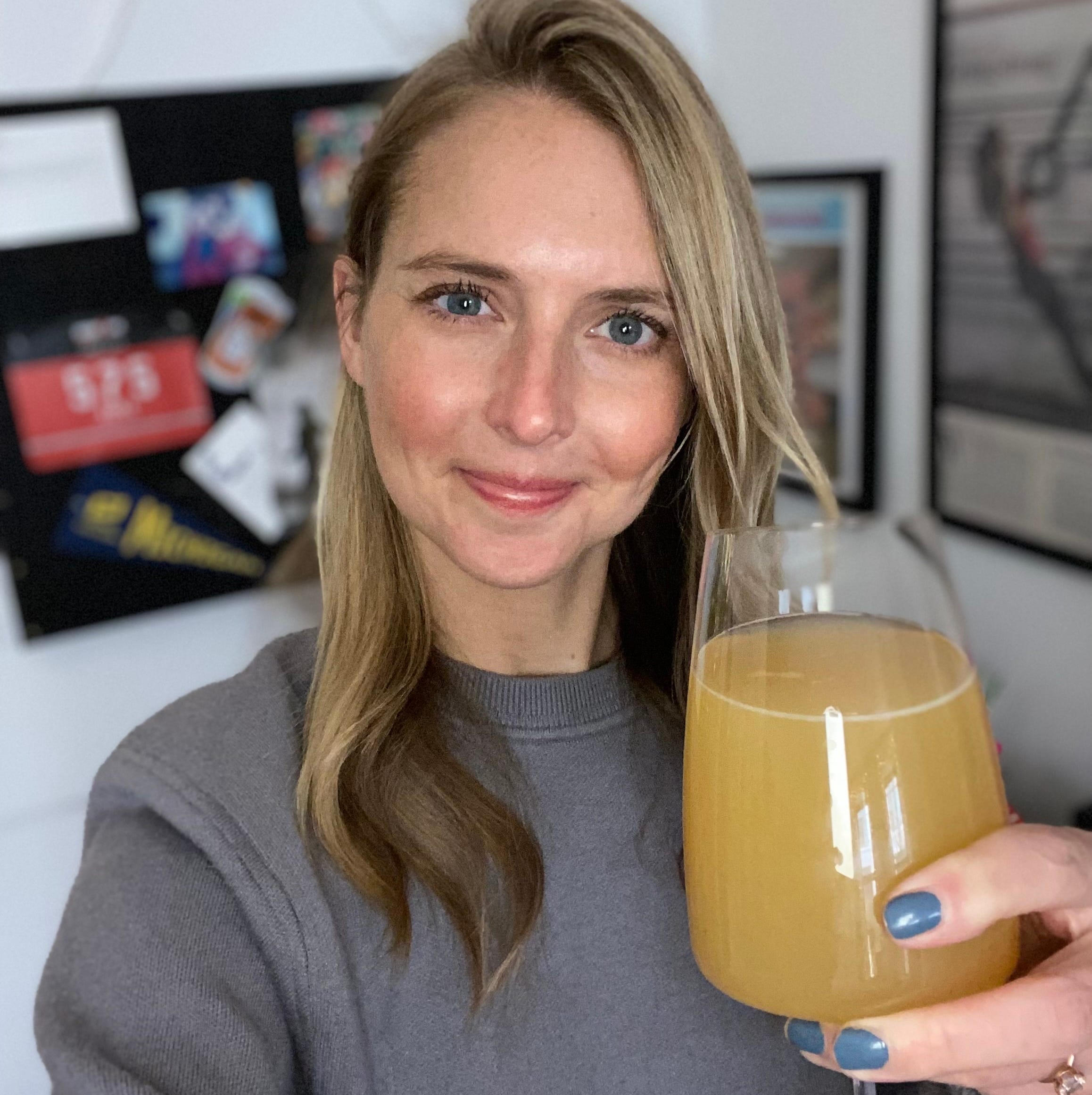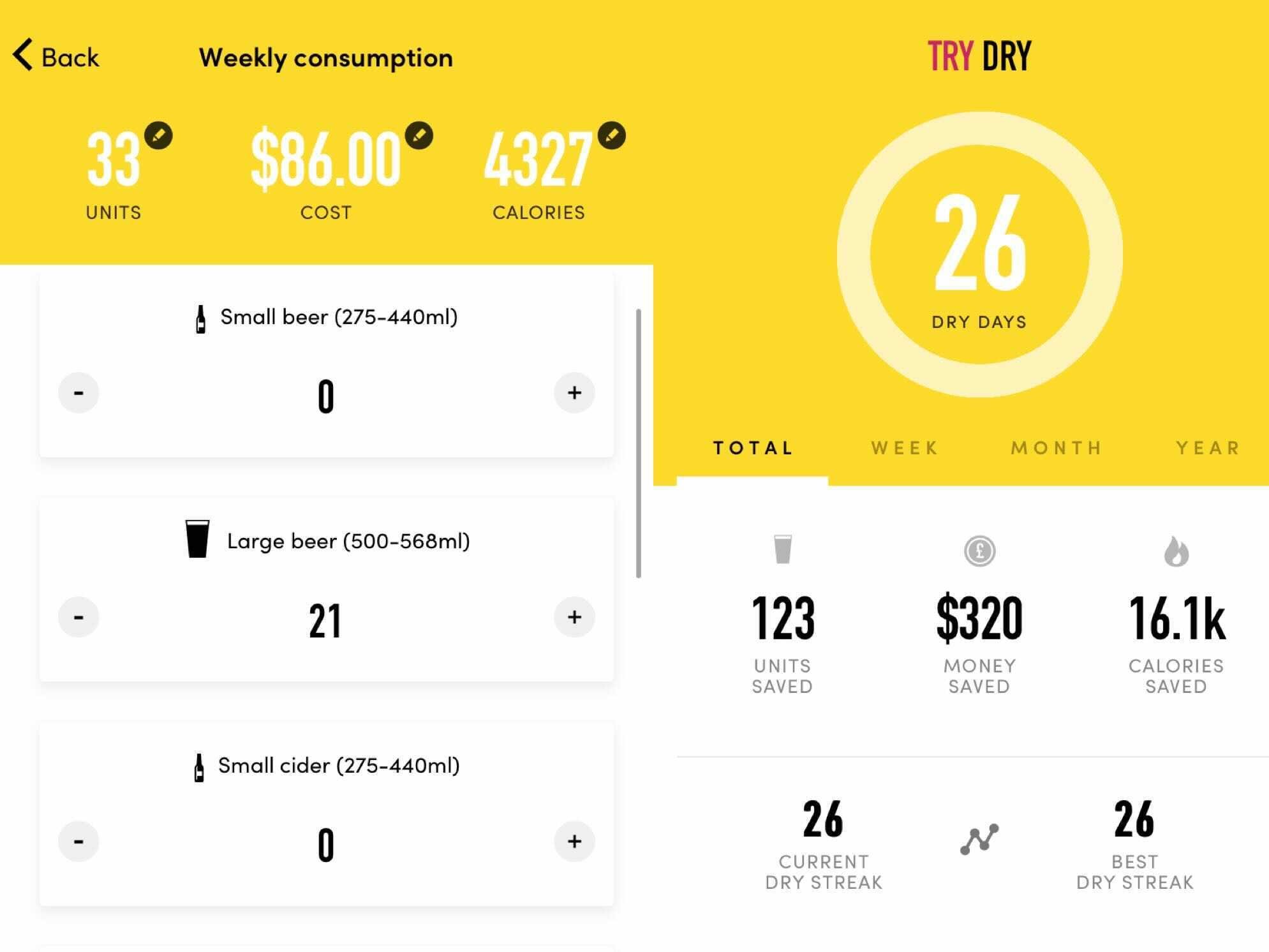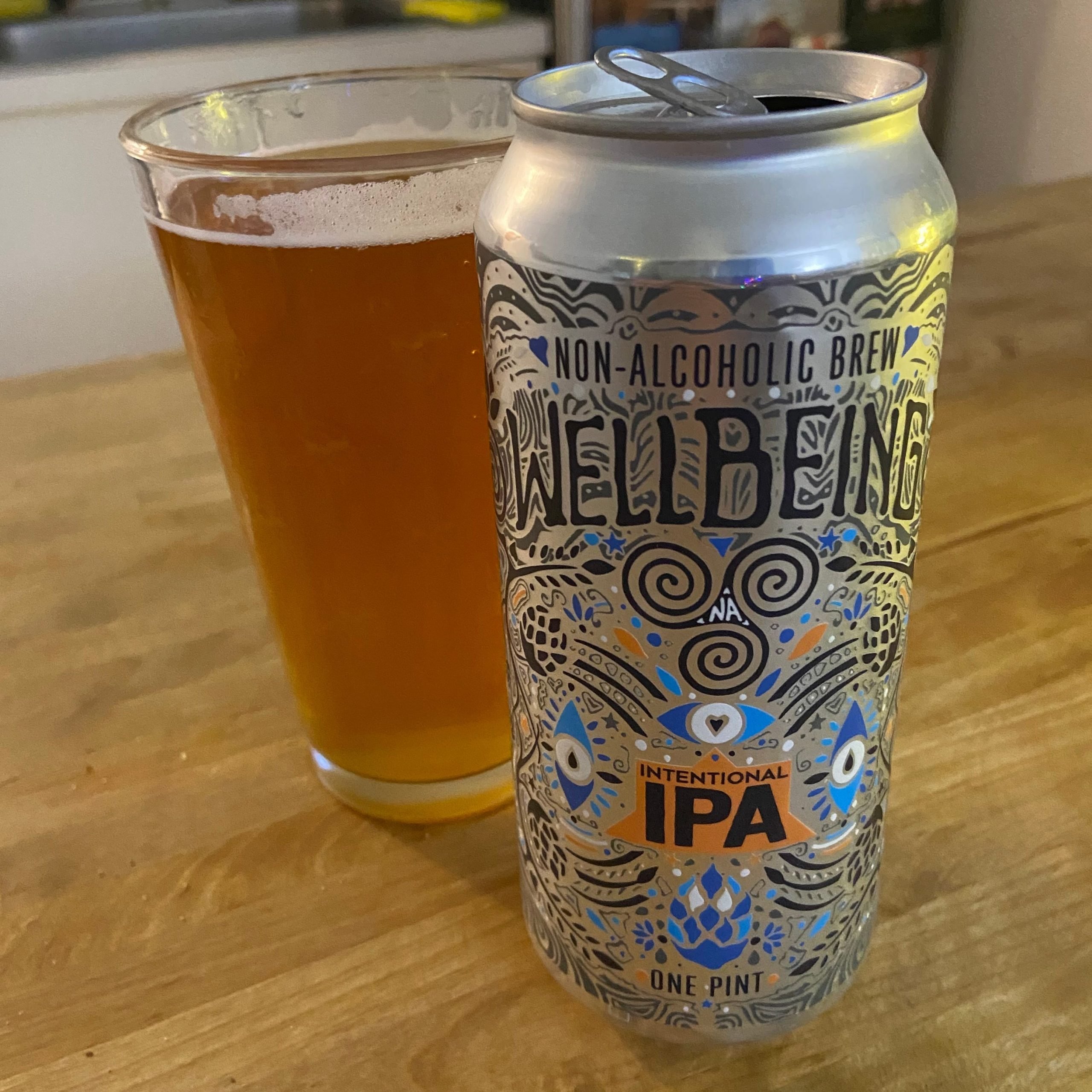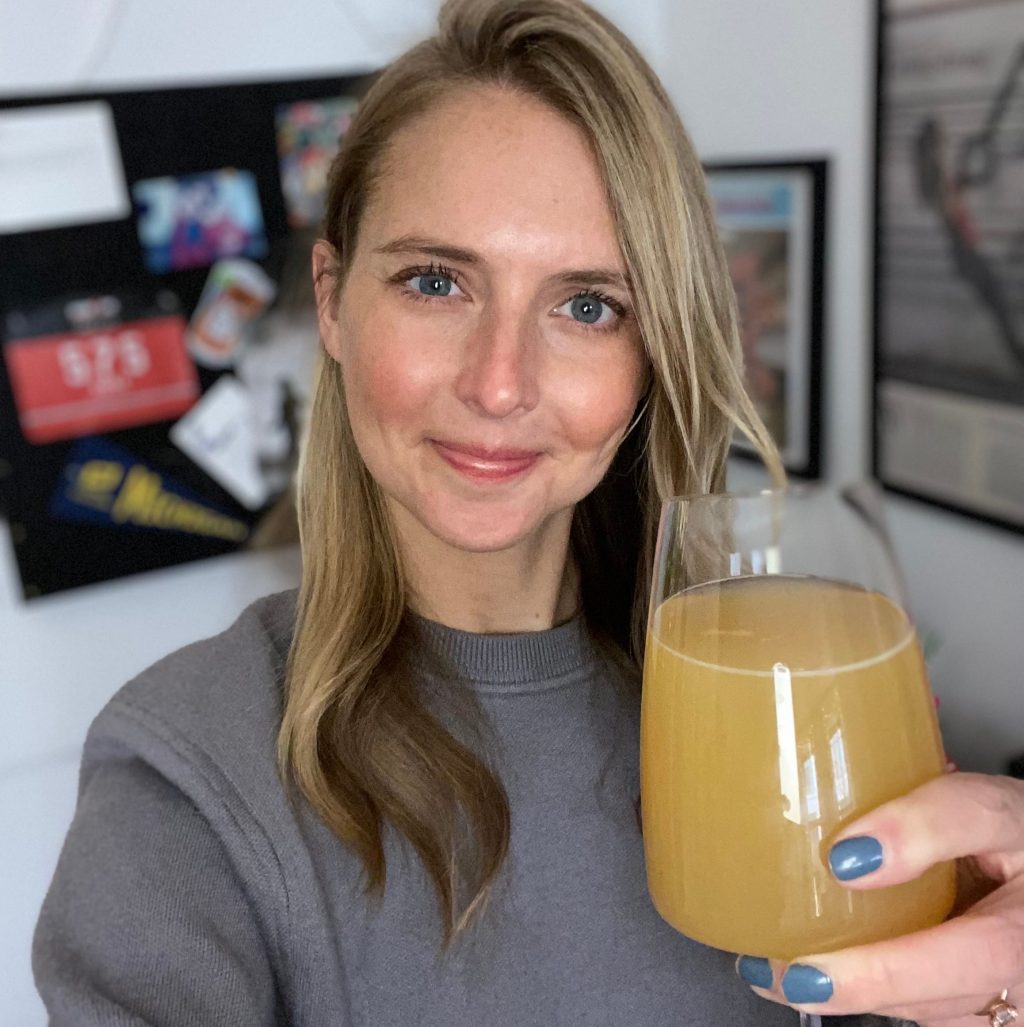
- I committed to dry January to improve my sleep, clarity, and confidence, but not to save money.
- But I'm projected to save almost $350 this month, which is making me reevaluate my values.
- Giving up or reducing booze also leads to less tangible financial gains like increased productivity.
Pre-2022 Anna recoiled at the idea of Dry January. Why remove one of life's simple pleasures in a month that's already crap? Good for you, I thought, but not for me — an unapologetic daily beer drinker with the nickname Miller Time.
But you know what they say — New Year, new me — and 2022 Anna knew her resistance to a dry month was exactly why she needed one. I wanted to interrupt my habit, sleep better, lose bloat, improve my workouts, wake up fresh, and just see if it could be done. Cost savings were at the bottom of my "why" list.
But according to my Dry January app, I've already pocketed $320 this month, and am projected to save $25 more. My friend Christa Lombardi, who completed dry January in 2020 and hasn't had a drink since, has saved $16,600 in that time, according to her app.
While how much you save depends on how much you drank before and who was paying, there are loads of financial gains of quitting or reducing drinking beyond the booze itself.
Cutting or limiting alcohol for a year can save thousands of dollars
According to UK-based One Year No Beer, which promotes exactly what it sounds like, an alcohol-free year would save the average person about $1,115.
Hello Sunday Morning, an Australian-based organization that helps people change their relationship with alcohol, estimates that a couple who used to go through about eight bottles of $20 bottles of wine a week saves $8,320 a year by going alcohol-free.
Even reducing drinking can fatten your wallet. Estimates from the mindful drinking company Sunnyside find that cutting back by 30% — say 20 drinks a week to 14 — saves anywhere from $936 to $2,496 a year, its founder Nick Allen told me.
He used to throw back 30 drinks a week and is now averaging just 10. That's led to him saving $16,160 over the nearly two years he's been on the mindful drinking journey.

For me, the $345-a-month, or $4,140-a-year, projected cost savings come from data I inputted into the Try Dry app on January 1. I reported drinking 21 large beers, plus a 4-pack of canned cocktails, a week.
Yes, I know this is too much for a woman — or a man — by pretty much all accounts. But if I've learned anything this month, it's that a lot of adults are in the same boat, and that honesty is the antidote to shame — and the catalyst of change.
You save more than money when you go alcohol-free
Even if I'm not saving as much as the app estimates — I buy more beers from bodegas than out at fancy bars — the tangential savings from giving up or reducing alcohol intake are incalculable.
There are Uber rides, cover charges, food orders, and drunk shopping. According to one 2019 survey, 79% of drinkers have made at least one booze-fueled online purchase, averaging $444 of questionable items each year.
Lombardi overspent even when sober. Now, she says, "I can see that I am enough and have enough without compulsively spending as much on clothes, bags, shoes, and other status markers."
More seriously, alcohol-related hospital stays, car accidents, and divorces aren't cheap. Plus, there's the lost productivity at work. When Darren Marble went from drinking just two or three times a week to none, he started his own company and saw 6x revenue growth the first year.
"The results of my enhanced effectiveness have compounded over time," he wrote for Business Insider.
How minimizing alcohol can maximize your income
Lombardi has paid down credit card debt, increased her 401K contributions, and built up her robust book collection. I've treated myself to new skincare products, trampoline and yoga classes, and a sampling of surprisingly satisfying alcohol-free beers.

While I do plan to drink come February, my month off has inspired me to reevaluate what's worth the cost in the broad sense of the term. An oatmeal stout at my favorite local brewery? Worth it. Feeling groggy after a night of free wine at a networking event? Not. Pre-2022 Anna won't be invited.

